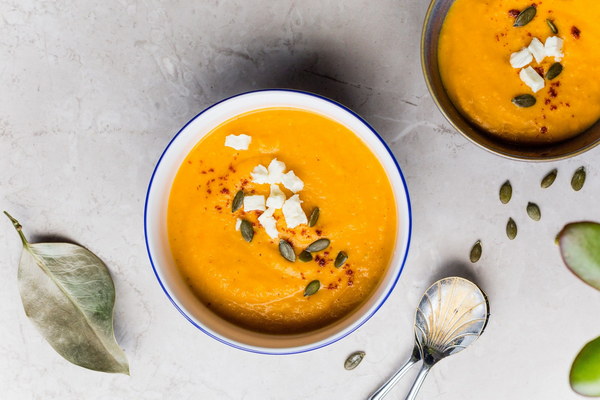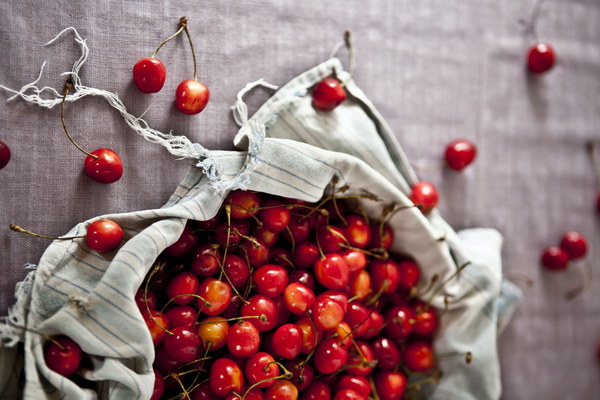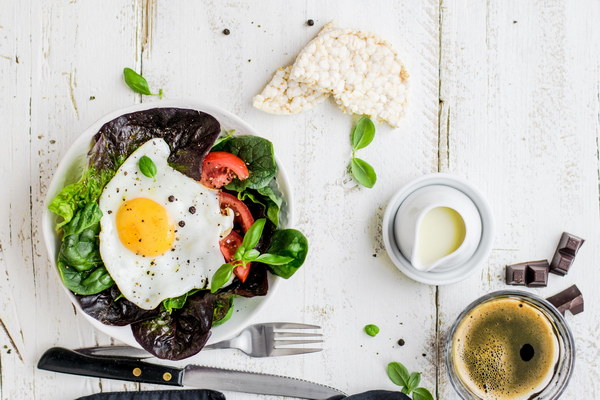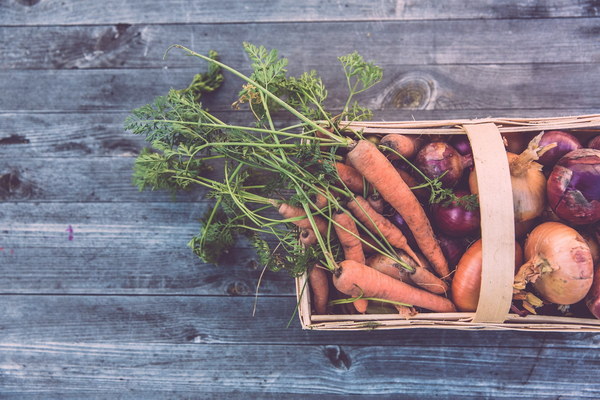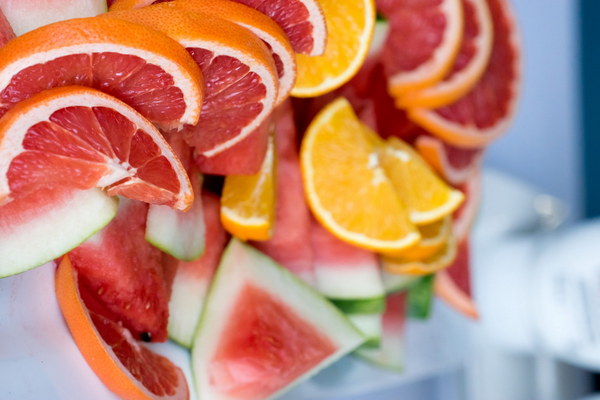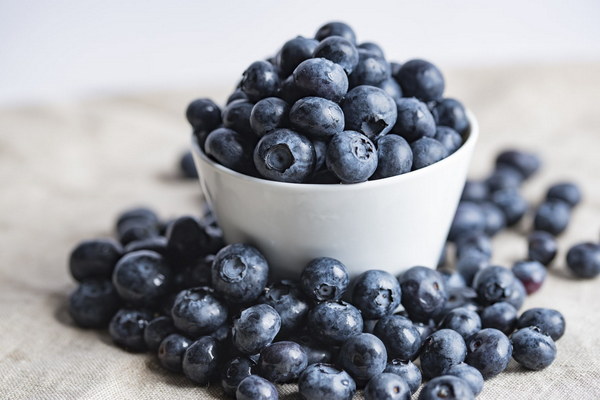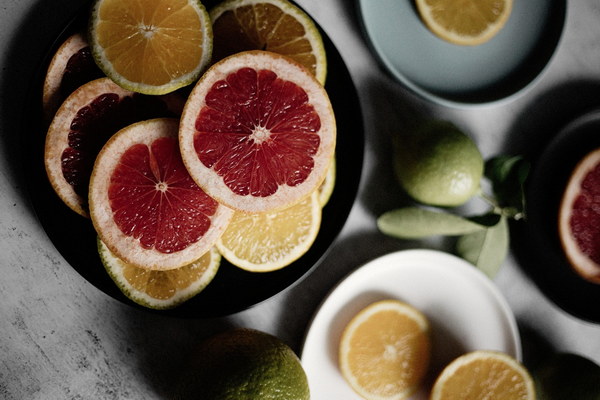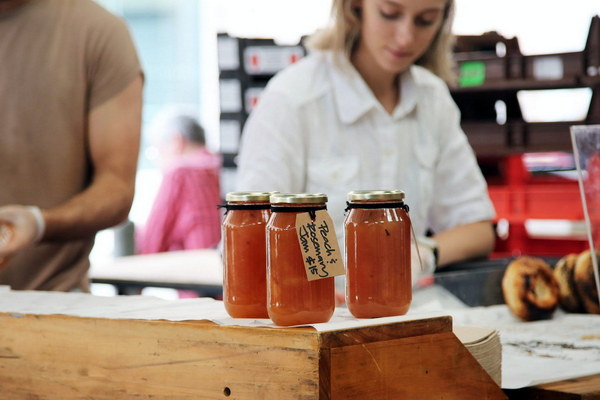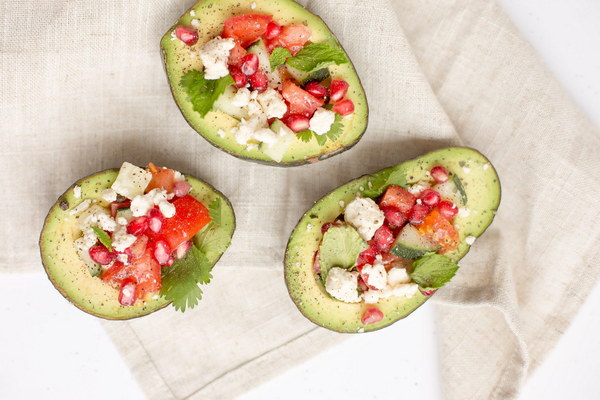The Art of Feeding Pigeons for Health and Vitality A Comprehensive Guide
In the world of pigeon enthusiasts, there is a common quest for improving the health and vitality of these beautiful birds. Feeding pigeons with the right nutrients is crucial for their overall well-being, and in this article, we will explore the art of feeding pigeons for health and vitality.
1. Understanding Pigeon Nutrition
To begin with, it is essential to understand the nutritional requirements of pigeons. These birds are primarily granivorous, meaning they primarily feed on seeds and grains. However, their diet should also include other essential nutrients to maintain their health and vitality.
1.1 Carbohydrates: Carbohydrates are the primary energy source for pigeons. Good sources of carbohydrates include wheat, barley, corn, and millet. These grains should make up the majority of their diet.
1.2 Proteins: Proteins are vital for the growth, repair, and maintenance of tissues in pigeons. Good sources of proteins include cooked chicken, turkey, and beef, as well as egg powder and dried milk.
1.3 Fats: Fats are another essential nutrient for pigeons, providing energy and aiding in the absorption of fat-soluble vitamins. Good sources of fats include sunflower seeds, safflower seeds, and peanut hearts.
1.4 Vitamins and Minerals: Pigeons require a variety of vitamins and minerals to maintain their health. A balanced diet should include vitamin supplements, such as vitamin A, D, E, and K, as well as minerals like calcium, phosphorus, and selenium.
2. The Art of Feeding Pigeons
Now that we understand the nutritional requirements of pigeons, let's delve into the art of feeding these birds for health and vitality.
2.1 Feeding Schedules: Pigeons should be fed twice a day, once in the morning and once in the evening. This ensures they have a consistent supply of food throughout the day, which is crucial for their health.
2.2 Quantity: The amount of food each pigeon consumes will vary based on their size, age, and activity level. As a general rule, pigeons should have access to enough food to consume 2-3% of their body weight daily.
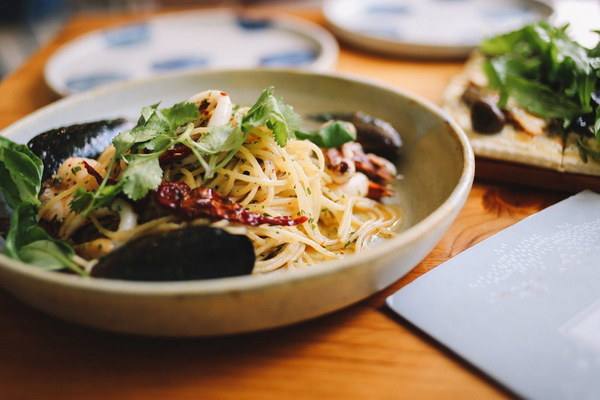
2.3 Variety: A diverse diet is essential for the health and vitality of pigeons. In addition to grains, include other food items like fruits, vegetables, and seeds. This variety will provide a wider range of nutrients and prevent boredom.
2.4 Hydration: Pigeons require fresh, clean water at all times. Ensure their water container is clean and replenished daily to prevent the growth of harmful bacteria.
2.5 Seasonal Adjustments: The nutritional requirements of pigeons may change with the seasons. In colder months, increase their protein intake to help maintain body heat. In warmer months, provide more water to prevent dehydration.
3. The Benefits of Proper Nutrition
Feeding pigeons with the right nutrients has numerous benefits for their health and vitality:
3.1 Improved Health: A balanced diet will help prevent various health issues, such as nutritional deficiencies, obesity, and reproductive problems.
3.2 Enhanced Performance: Proper nutrition will boost the energy levels and performance of pigeons, making them more active and alert.
3.3 Longer Lifespan: Feeding pigeons with the right nutrients can lead to a longer, healthier life, as it helps them maintain their overall well-being.
In conclusion, the art of feeding pigeons for health and vitality is a delicate balance between understanding their nutritional requirements and providing a diverse, balanced diet. By following the guidelines outlined in this article, you can ensure your pigeons thrive and live a long, healthy life.
